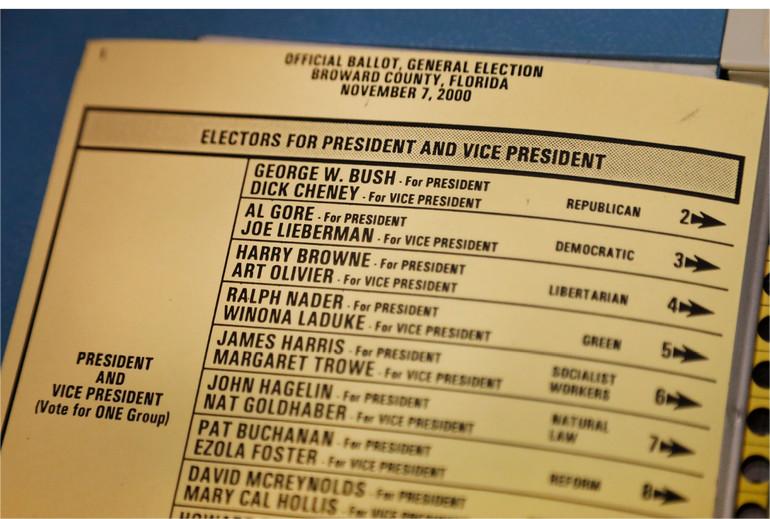Let’s see the global election in 2023.
*2023 global elections calender*
The election industry is a vital but often overlooked aspect of democracy around the world. It encompasses the companies that design, manufacture and sell voting machines and software, as well as the organizations that provide electoral assistance and observation. In the past month, the election industry has faced several challenges and opportunities, as different countries have held or prepared for their national elections.
From voter registration to mail-in ballots, how do countries around the world run their elections?
One of the most prominent issues facing the election industry is the security and integrity of voting technology, especially in the wake of the 2020 U.S. presidential election, which was marred by baseless allegations of fraud and manipulation by voting machine companies. According to a Pew Research Center report, before the coronavirus outbreak, about a quarter of countries had used postal ballots in their national elections, while others had experimented with electronic voting or internet voting. However, these methods also pose risks of hacking, tampering or coercion, and require public trust and confidence in their reliability and accuracy.
what a voting machine costs?
Another challenge for the election industry is the transparency and accountability of its operations and finances. As a POLITICO Magazine article revealed, the U.S. voting systems market is dominated by three private companies that are largely owned by private equity firms and disclose little information about their revenues, profits or ownership structures. This makes it difficult for researchers, policymakers and voters to assess their performance, quality and competitiveness, as well as their potential conflicts of interest or political influence.
The Turkey election outcome will shape geopolitical and economic calculations in Washington and Moscow, as well as capitals across Europe, the Middle East, Central Asia and Africa.
On the other hand, the election industry also has opportunities to expand its market and improve its services, as more countries seek to modernize their electoral systems and increase voter participation. For example, Turkey is expected to hold its next general election in 2023, which could be one of the most important and contentious elections in the world. The election will determine whether President Recep Tayyip Erdogan can extend his rule for another term or face a strong challenge from a united opposition. The election industry could play a crucial role in ensuring that the election is free, fair and credible, and that the results are accepted by all parties.
In conclusion, the election industry is a dynamic and diverse sector that has a significant impact on democracy around the world. It faces many challenges and opportunities in the coming years, as different countries hold or prepare for their national elections. The election industry needs to balance its commercial interests with its social responsibilities, and to foster trust and confidence among its customers, partners and stakeholders.
Post time: 14-04-23





